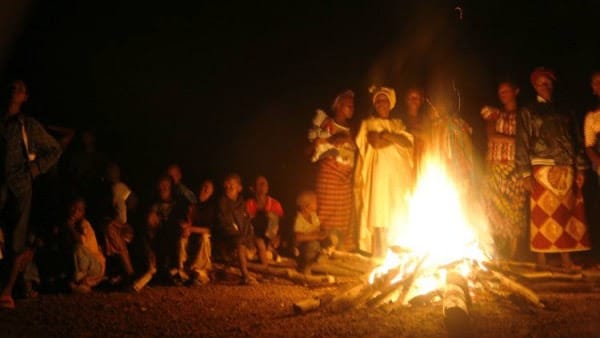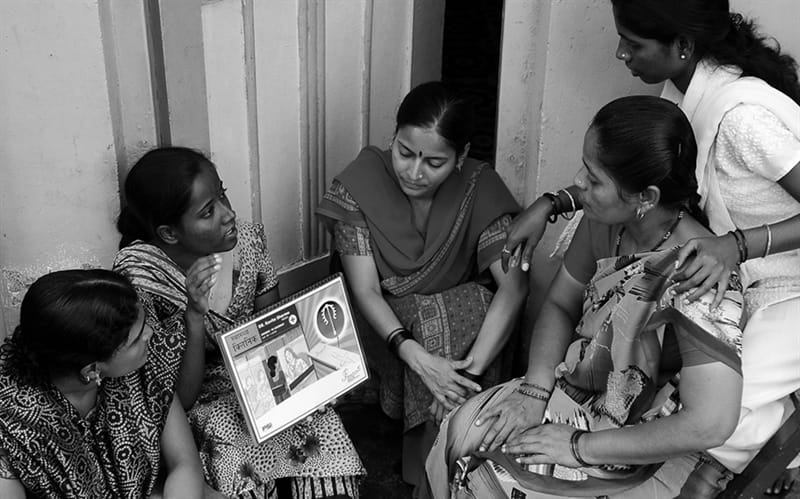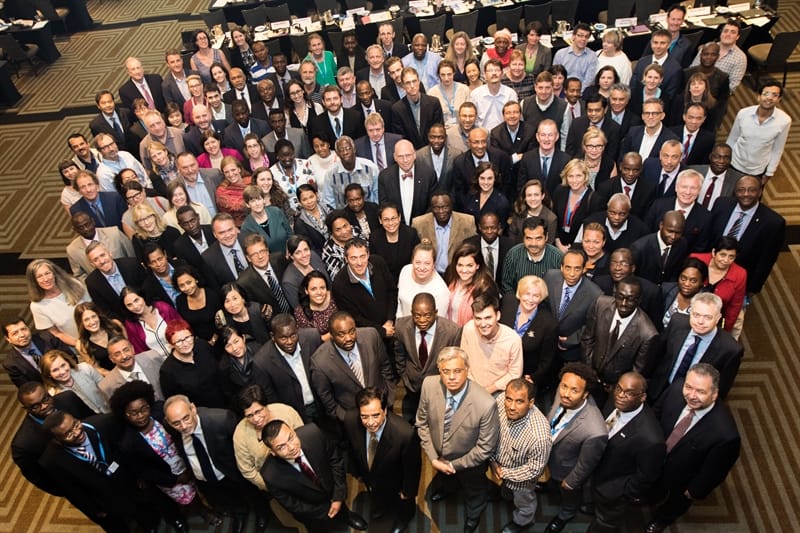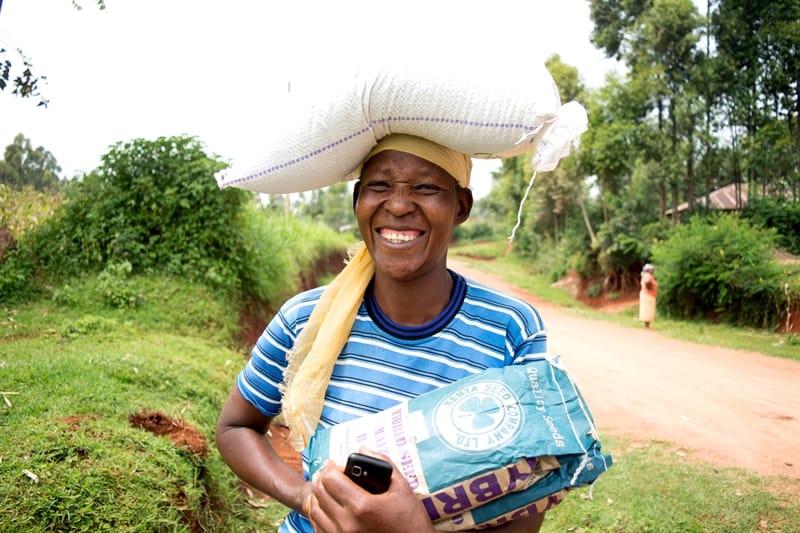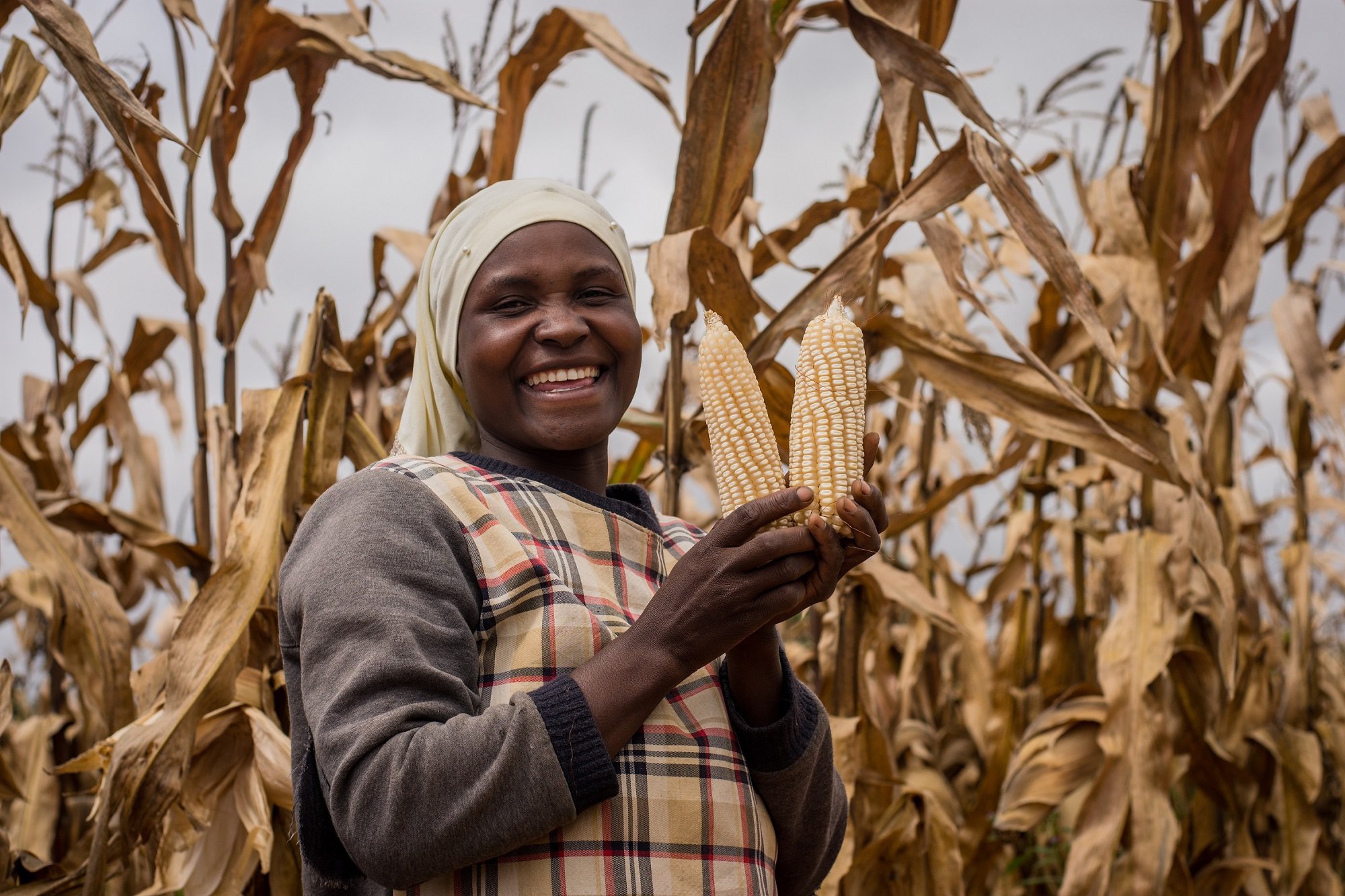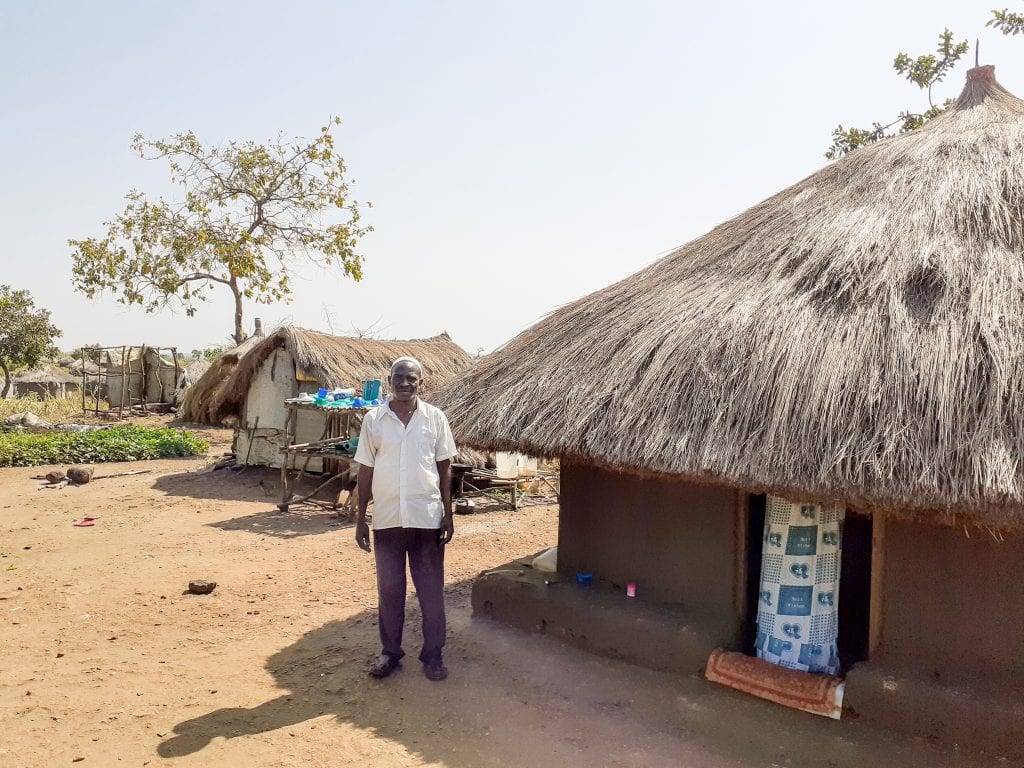Most wars today are civil wars, which divide countries along economic, ethnic or political lines. In many cases, these cleavages happen within communities, pitting one neighbor against another. The prevalence of civil wars has therefore spurred efforts to re-build social cohesion and promote social capital as a part of post-conflict recovery.
To shed light on this topic, researchers from New York University, Georgetown University and the World Bank partnered with Innovations for Poverty Action (IPA) to evaluate the impact of a community-level reconciliation program in Sierra Leone.
The results suggest that talking about war atrocities can prove psychologically traumatic by invoking war memories and re-opening old war wounds. The researchers conclude that reconciliation programs should to be re-designed in ways that minimize their psychological costs, while retaining their societal benefit.
